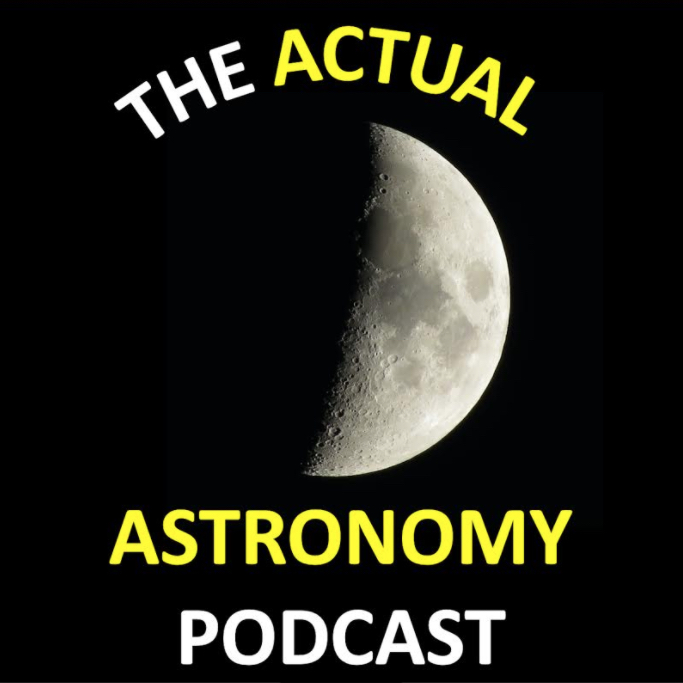Today’s Episode

Jul 17th: First Upgrades for your Telescope
Today’s Actual Astronomy talk about how to transition to new eyepieces, finderscopes and star charts in the most seamless way. Recommendations include buying quality over quantity and used where possible.
Subscribe & Follow
Project Director: Avivah Yamani
Audio Engineer: Richard Drumm
Executive Producer: Pamela L. Gay
Learn more about us on our
Credits and Sponsors page.
We are a community podcast,
bringing you the voices of astronomy & astronomy lovers,
everyday of the year.
More Recent Episodes
Jul 11th: Lightweight Mars-sized Planet Found in TESS Data
A Mars-sized planet was found just 31 light-years away, orbiting its star every eight hours and having 55 percent the mass of the Earth, leading scientists to conclude it’s mostly made of an iron-nickel core.
Jul 10th: Chasing Cosmic Fireflies: A Guide to Transient Objects
The night sky isn’t still. It’s full of brief, brilliant flashes called transient objects. In this episode we explain what they are, why they matter, and how you can help chase them!
Jul 9th: It Came From Deep Space!
Some comets orbit the Sun on a regular basis, but others come in from deep space, a region known as the Oort Cloud. What causes them to make this journey, and will we ever be able to explore the Oort Cloud?
Jul 8th: Are the Cosmic Voids Really Empty?
How do we actually define voids? Are there regions within them that are truly empty? What would it be like to be inside one?
Jul 7th: Science in Crisis – NASA’s New Budget
Normally we try to end the season on a high note. But here’s the unfolding news: NASA’s new budget is here, and it’s 25% smaller.
Jul 6th: Recoveries & Destination Enceladus
Asteroid hunters watch the skies, tracking space rocks that could pose a threat to Earth. At the same time, scientists search the cosmos for alien oceans, hoping to find signs of life beyond our world.







